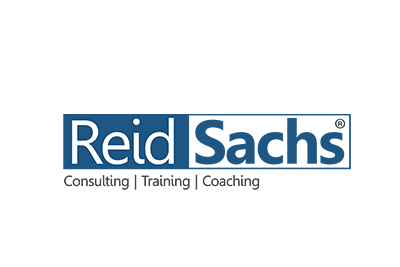
How important is Emotional Intelligence in the Business world?
Emotional intelligence was popularized by psychologist Daniel Goleman beginning in the 1990s in his work with leaders. It seemed like a new idea. But, the limitations of so-called intellectual intelligence, IQ, have been recognized for a long time.
Every person knows a family member, friend or co-worker, who may not have been a star student in school and yet works smart and succeeds. Recruiters know how important it is to look past the degrees on a resume and get more information via interview about how a person may behave in the workplace. In fact, one’s success on the job may have as much to do with how one handles the social environment at work as it does with a person’s job-specific skills. And, as Goleman found, emotional intelligence can distinguish outstanding leaders from those who seem to have it all on paper but do not excel when tapped to lead.
Goleman lists 5 categories within emotional intelligence, which are briefly described here:
- Self-awareness: the degree to which one is aware of one’s emotions and how one is perceived by others
- Self-regulation: how one manages oneself, pacing oneself and controlling impulses
- Motivation: the striving to do well and to persevere
- Empathy: sensitivity to the feelings of others and being able to communicate that sensitivity
- Social skills: engaging with others, particularly to persuade, inspire or lead them.
These skills are important in every workplace at all levels of work. The ability to understand one’s emotions and how they are perceived by others, connecting with others, can make a difference in the success of a work project or team collaboration. Nowadays, with hybrid work environments, the skills may be even more important.
Can emotional intelligence be assessed? There are quizzes and questionnaires that claim to assess emotional intelligence. These tests are limited in use. Every psychological assessment is a sample of the person’s behavior. Even when one does academic testing in a school to determine a grade level the behavior of the student is still important. The examiner pays attention to how the student solves a problem as much as whether they get the right answer. Likewise, the best way to assess emotional intelligence is to observe a person’s behavior in social situations.
How can emotional intelligence be assessed for the workplace? There are two key tools for assessing emotional intelligence for work: the job interview and the probationary period. Both of these involve observing a person’s behavior. Obviously, the interview is more limited in time. But interview questions can be structured to elicit information about emotional intelligence by asking about specific situations rather than general concepts.
For example, if a candidate says, “I work well in teams,” an interviewer can ask: “Tell me about a specific situation where you were able to join a team and work well with them. What did you do that helped that process?” Or “Tell me about a time when you had to resolve a team conflict. How did you recognize the conflict and what did you do to resolve it? Would you handle a similar situation the same way again? Why or why not?”
Probationary job periods allow for a more extensive assessment of a person’s emotional intelligence. Keep in mind that the first time on a job, especially for a young employee, is stressful and uncertain. So, behavior during a probation period is not a full sample of that person’s job skills or social skills.
Leadership candidates have a longer track record from which to judge their qualifications. Look beyond the person’s technical skills. knowledge of operations and the marketplace. For example, knowing how that person handled personnel disruptions or conflict, or how that person created community connections and collaborations can be good (but not perfect) indicators of how that person might apply emotional intelligence in a leadership role.
Can emotional intelligence be trained? Emotional intelligence is a set of behaviors and a awareness of one’s self. Behaviors are learned throughout life, through direct training, supervision and modeling. Similarly, elements of emotional intelligence can be learned. As with all learning, it must be practiced and rewarded to be learned effectively. Besides consistent feedback from a supervisor, a person can develop emotional intelligence skills through support of peers in the workplace. These peer interactions can be formal and informal. In all cases, social interactions on the job can be framed as learning opportunities and will be most valuable when there is an opportunity for reflection and improvement.
Do you need assistance, have suggestions or further questions you need answering? We can help with your organizational training needs to help your employees deliver best results. Please get in touch with us via info@reidsachs.com.
You may also follow us on social media channels on Facebook @ReidSachsLLC and LinkedIn @ReidSachs and subscribe to our newsletter for updates on our upcoming presentations and events.
Photo Credit: Amanda Dalbjorn on www.unsplash.com
